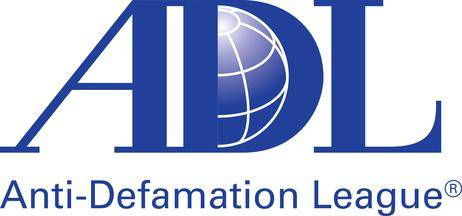
New York, NY–(ENEWSPF)–June 26, 2017. The Anti-Defamation League (ADL) today expressed disappointment with the U.S. Supreme Court’s decision in Trinity Lutheran Church of Columbia v. Comer, which held that Missouri’s decision to exclude houses of worship, including Trinity Lutheran, from a program that provided direct grants to pay for playground resurfacing materials was unconstitutional discrimination against religion.
ADL had joined an amicus brief, with seven other groups, defending Missouri’s decision not to provide direct aid to a church because it violated its own “no-aid” state constitutional provision.
Jonathan A. Greenblatt, ADL CEO, issued the following statement:
Justice Sotomayor’s dissent got it right – this case is about much more than a state program to use recycled tires to resurface a playground. Maintaining the separation between church and state has been a hallmark of American democracy since our country was founded. Although the decision is narrowly focused, the U.S. Supreme Court appears to have taken a disturbing step back from this commitment today.
We will continue to maintain that compelling taxpayers to fund religious institutions with which they are not affiliated conflicts with core constitutional principles. Allowing churches and other religious groups to compete for direct government funds is bad for religion. States should not be in the religiously divisive business of choosing who, from among diverse houses of worship, should receive public dollars. Such a process also invites government oversight of internal operations of houses of worship and religious groups.
We are also disappointed that the court gave insufficient deference to Missouri’s constitutional no-aid clause, which is similar to those in 38 other state constitutions. These constitutional provisions serve significant government interests – leaving the support of churches to church members, while also protecting houses of worship against discrimination and interference from the government.
Other organizations signing the brief included Americans United for Separation of Church and State; Central Conference of American Rabbis; Hadassah, the Women’s Zionist Foundation of America, Interfaith Alliance Foundation, Jewish Social Policy Action Network, Union for Reform Judaism, and Women of Reform Judaism.
Source: http://adl.org








